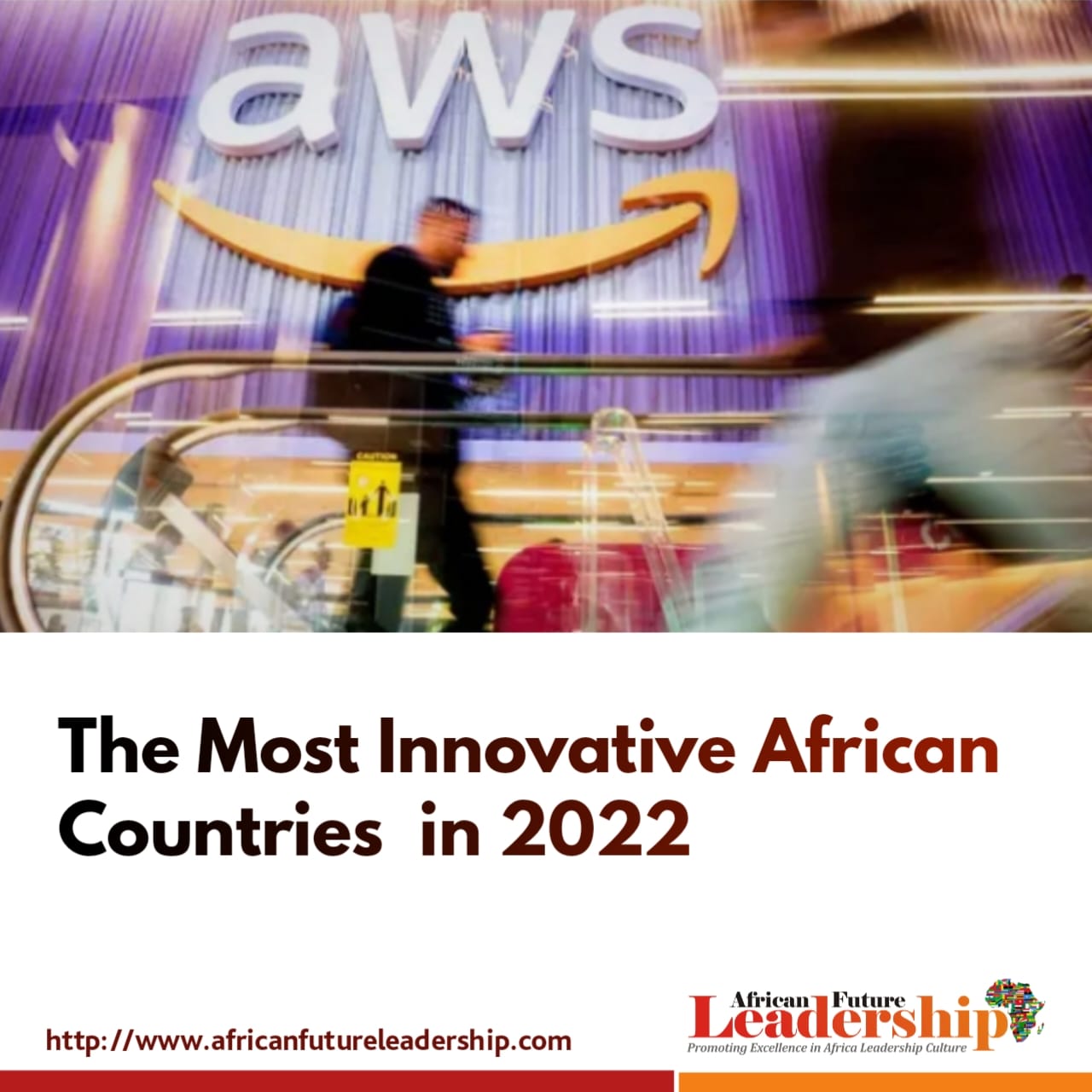By our Correspondent
Reports reaching us indicate that the African Development Bank Group (AfDB) has formally introduced its new initiative, the African Pharmaceutical Technology Foundation (APTF), that would join hands with the African Union to boost the continent’s capacity to produce drugs, vaccines, diagnostics and therapeutics all along the value chain, to help build its pharmaceutical sector.
In a statement, Thursday, it was explained that the APTF was the focus of a forum hosted by the AfDB under the theme: “Technology Access for Pharmaceutical Manufacturing: The African Pharmaceutical Technology Foundation.”
Interestingly, the event was part of the second International Conference on Public Health in Africa held in Kigali, Rwanda. And according to the AfDB, the continent imports more than 70 per cent of the medicines it needs at the cost of $14 billion annually. It noted that changing the game to enable African countries develop their capacity to manufacture pharmaceutical products has public health, strategic and economic rationales.“This new initiative comes as a solution, since most [African] countries still face challenges in receiving [medicines] on time,” Rwandan Minister of State for Health, Dr. Yvan Butera said.
Thus, the Foundation, hosted by the Government of Rwanda in Kigali, was expected to commence operations in early 2023.
In his opening remarks, the Vice-President for Private Sector, Infrastructure and Industrialisation at the AfDB Group, Mr. Solomon Quaynor, said Covid-19 had exposed the gaps in Africa’s health care system.
READ MORE: Zambia Defaults on Foreign Loan Payment Schedule
He explained that, “The Covid-19 pandemic has exposed the fragility of global health systems and the gaps in the production of critical drugs on the continent.“The APTF is a ground-breaking institution that will significantly enhance Africa’s access to technologies that underpin the manufacturing of pharmaceutical products.”
Of course, presenting the APTF at the event, Prof. Padmashree Gehl Sampath, Special Adviser on pharmaceuticals and health infrastructure to Dr. Akinwumi Adesina, President of the AfDB Group, stressed that the Foundation was designed to help African countries bridge the technology gaps in sustainable domestic manufacturing.
Hence, Sampath said: “Pharmaceutical companies in Africa have three specific impediments to technology access: access to technology and related know-how for production, mobilisation of domestic resources for technological upgrading, and the lack of possibilities for horizontal and vertical product diversification. “Many technological risks need to be indemnified to build Africa’s pharmaceutical sector, including shifting away from a product-by-product approach which puts African companies at risk.”
Subtely, the co-chair of the International Negotiating Body of the World Health Organisation (WHO) on Pandemic Prevention, Preparedness and Response, Dr. Precious Matsoso, reflected on how important technology issues are for future pandemic preparation. She said establishing the African Pharmaceutical Technology Foundation “would provide the much-needed support to address technology barriers for equitable access.”
In describing the establishment of the Foundation as “timely,” Dr. Richard Hatchett, Chief Executive Officer of the Coalition of Epidemic Preparedness Initiative, stressed that given the experience of Covid-19, the initiative “will help in saving lives on the continent.”
So the Foundation, approved by the AfDB’s Board of Directors in June 2022, is expected to boost Africa’s access to technology for manufacturing the full range of pharmaceutical products, focusing on building supply chains and expanding access to building block technologies of various kinds.
Furthermore, the Foundation would serve as a transparent intermediator advancing and brokering the interests of the African pharmaceutical sector on the global stage, to enhance access to proprietary technologies, know-how, and related industrial processes, through licensing and other market-based and non-market mechanisms.
Meanwhile, the WHO, the Coalition on Epidemic Preparedness, the South Centre, Geneva, and the Federal Ministry for Economic Cooperation and Development of Germany have expressed keen interest in working with the Foundation in the coming year.
Yet another panelist, Executive Director of South Centre, Geneva, Prof. Carlos Correa, said it was important for Africa to have its own framework that would allow its pharmaceutical industry to develop.
In his words, “Intellectual property confers monopolies, and these monopolies give rights to property owners to control the sharing of technologies. Creating the capacity to facilitate timely technology transfer to Africa is important.”
Accordingly, the panelists emphasised the need to establish partnerships between African pharmaceutical companies and their counterparts in other continents, especially Europe.




